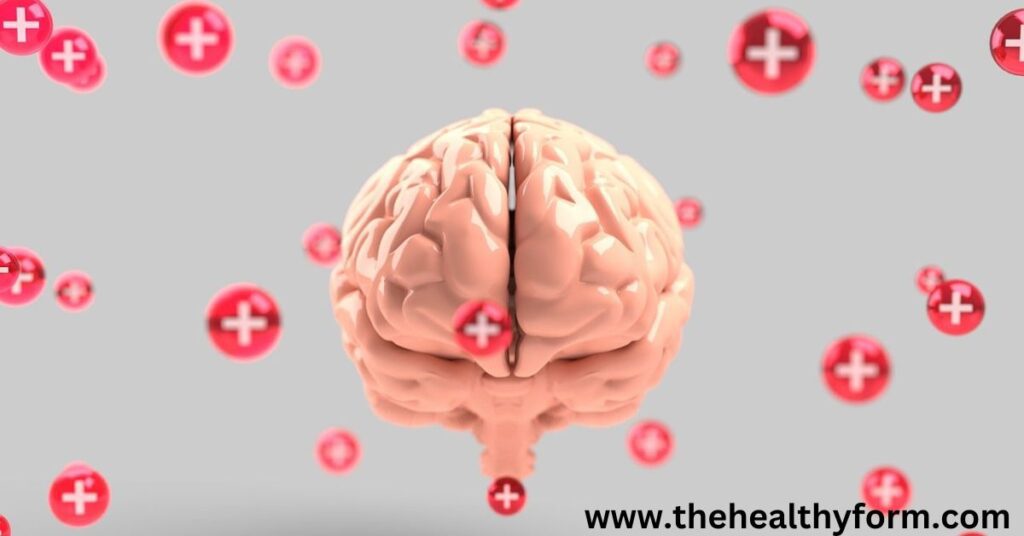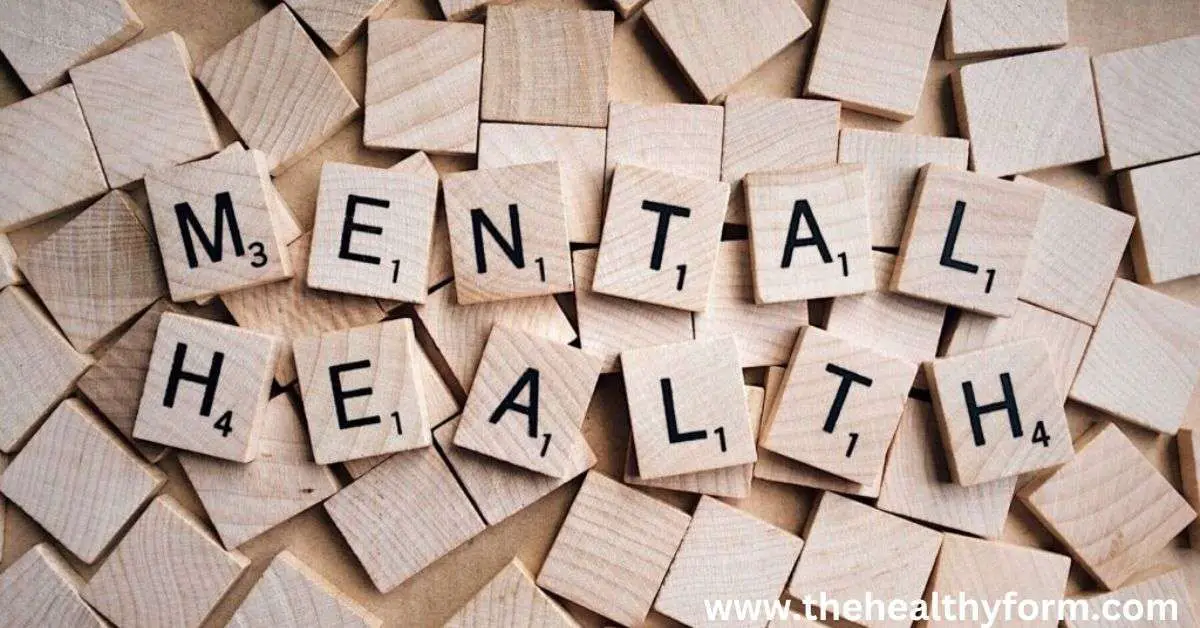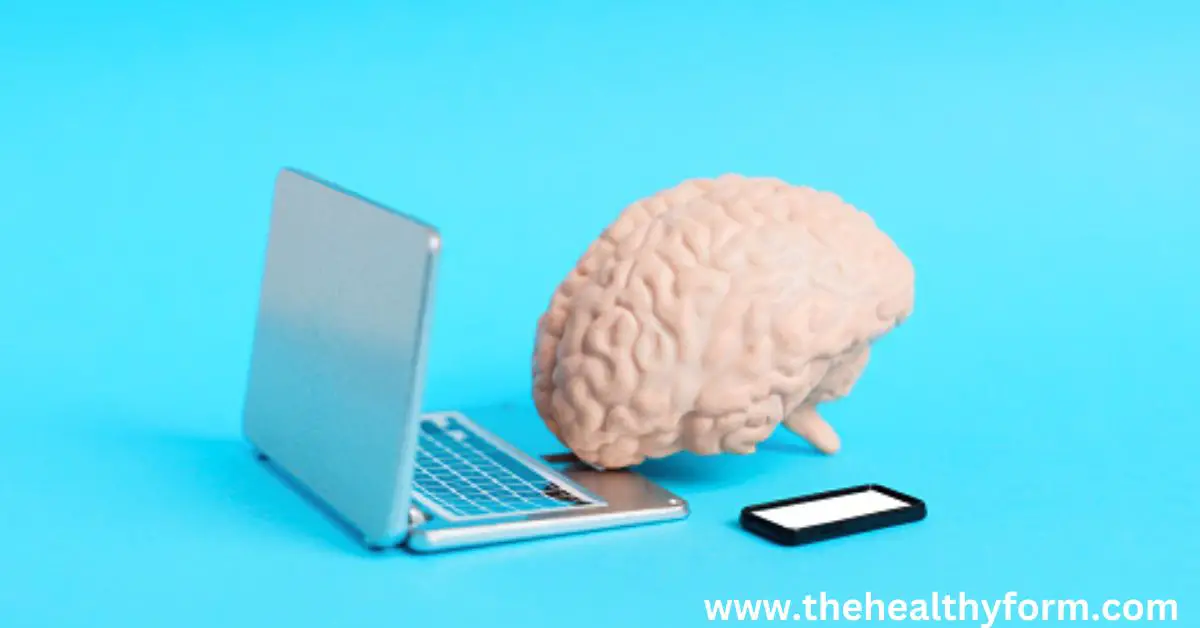Exploring The Best Digital Tools for Mental Health
Digital tools for mental health to support your well-being and transform your life. From mindfulness apps to therapy platforms, explore the latest technological innovations designed to enhance your mental health journey. Start harnessing the potential of these digital tools today.
Mental health has become paramount in today’s fast-paced and digitally-driven world. With the rise in stress, anxiety, and depression, exploring effective solutions to support mental well-being is crucial. This article delves into the best digital tools for mental health, highlighting their importance, benefits, and various applications. By leveraging the power of technology, individuals can now access innovative resources and support systems conveniently, enhancing their mental well-being.

Introduction
In this digital era, where technology is ubiquitous, it has become evident that digital tools can play a transformative role in addressing mental health challenges. From online therapy platforms to mental health apps and wearable devices, a wide range of digital tools are available that cater to different aspects of mental well-being.
Importance of Mental Health
Before exploring digital tools, it’s essential to emphasize the significance of mental health. Mental health encompasses emotional, psychological, and social well-being, influencing how individuals think, feel, and act. It affects every aspect of life, including relationships, work performance, and overall quality of life. By prioritizing mental health, individuals can lead fulfilling and productive lives. Let’s delve into the unique nuances and significance of mental health.
Anchoring Well-Being
- Mental health is the cornerstone of our overall well-being.
- Just as physical health, mental health requires attention, care, and nurturing.
Mind-Body Symbiosis
- Mental health and physical health are intertwined, each affecting the other.
- Emotional distress can manifest physically, while physical illness can impact our mental state.
Embracing Emotions
- Mental health isn’t just about feeling “good” all the time.
- It’s about acknowledging a wide spectrum of emotions and learning healthy coping methods.
Breaking the Stigma
- The stigma around mental health has silenced many for too long.
- Opening up conversations can foster understanding, empathy, and support.
Life’s Ups and Downs
- Mental health equips us with resilience to navigate life’s challenges.
- It’s not about avoiding problems but about developing coping mechanisms.
Mental Fitness
- We readily embrace physical workouts, but mental fitness is often neglected.
- Just as exercise strengthens muscles, activities like mindfulness enhance mental agility.

Mindful Living
- Mindfulness is about being fully present in the moment.
- It promotes gratitude, reduces stress, and improves overall mental health.
Social Nourishment
- Meaningful relationships contribute to positive mental health.
- Isolation can lead to feelings of loneliness and adversely affect mental well-being.
Seeking Help
- Asking for help when struggling mentally is a brave step.
- Professional support, like therapy or counseling, can provide tools to cope and thrive.
Self-Care Isn’t Selfish
- Taking time for self-care isn’t selfish; it’s essential.
- Activities that bring joy, relaxation, and comfort contribute to mental wellness.
Cultivating Resilience
- Resilience isn’t about never falling but rising after every fall.
- It involves developing a positive mindset and adapting to challenges.
Children and Mental Health
- Mental health in childhood lays the foundation for adulthood.
- Providing emotional support and teaching coping skills helps children thrive.
Beyond Happiness
- Mental health isn’t a constant state of happiness; it’s a balance of emotions.
- Accepting and understanding the full emotional spectrum is crucial.
Small Steps, Big Impact
- Regular exercise, proper sleep, and balanced nutrition aid mental health.
- These habits influence brain chemistry and contribute to emotional stability.
A Journey, Not a Destination
- Mental health is an ongoing journey, not a fixed destination.
- Just as we evolve physically, our mental well-being also evolves.
The Role of Digital Tools for Mental Health
Digital tools for mental health have emerged as a game-changers. They provide accessible, convenient, and often cost-effective ways to improve mental well-being. These tools can empower individuals to take control of their mental health journey, offer support in times of distress, and facilitate personal growth and self-awareness.
Also read: The Use of Digital Tools For Mental Health
Best Digital Tools for Mental Health
Online Therapy Platforms
Online therapy platforms have become a flexible and convenient alternative to traditional therapy. They connect individuals with licensed mental health professionals through video, audio, or text-based sessions. These platforms eliminate geographical barriers and offer a sense of anonymity, making therapy more accessible to those who might otherwise be hesitant to seek help.
Mental Health Apps
Mobile applications designed for mental health have seen a surge in recent years. These apps offer many features, including mood tracking, guided meditation, breathing exercises, and cognitive behavioral therapy (CBT) techniques. They provide users with personalized support, resources, and tools to manage stress, anxiety, and depression and improve overall well-being.
Wearable Devices for Mental Health
Wearable devices with sensors and advanced technology have expanded their reach beyond fitness tracking. They now offer features to monitor and manage mental health. These devices can track sleep patterns, heart rate variability, and stress levels and provide real-time feedback. They serve as proactive tools for promoting mental well-being by helping individuals identify triggers and manage stress effectively.
Social Media and Mental Health
While social media has its benefits, it can also negatively impact mental health. Excessive use of social media can lead to feelings of inadequacy, anxiety, and depression. However, when used mindfully, social media can be a source of support and community. Several digital tools and apps are designed to promote healthy social media usage, such as monitoring screen time, setting usage limits, and encouraging digital detoxes.
Virtual Reality for Mental Health
Virtual reality (VR) technology is increasingly utilized in mental health. VR experiences can simulate different environments and situations to help individuals confront and manage their fears and anxieties in a controlled setting. It has shown promising results in treating phobias and post-traumatic stress disorder (PTSD) and even aiding relaxation and mindfulness practices.
Telepsychiatry and Telemedicine
Telepsychiatry and telemedicine have revolutionized access to mental health services, especially in remote areas or for individuals with limited mobility. Through video conferencing and remote consultations, individuals can receive professional psychiatric evaluations, medication management, and therapy sessions from the comfort of their own homes.
AI and Chatbots in Mental Health
Artificial intelligence (AI) and chatbot technology have made significant advancements in the mental health field. AI-powered chatbots can provide immediate support, resources, and coping strategies based on natural language processing algorithms. They offer a confidential space for individuals to express their thoughts and emotions, providing a sense of empathy and understanding.
Digital Self-Help and Self-Care Tools
Digital self-help and self-care tools empower individuals to manage their mental well-being actively. These tools offer resources and techniques for stress reduction, mindfulness practices, cognitive restructuring, and self-reflection exercises. They can be accessed anytime and anywhere, serving as personalized toolkits for self-improvement.
Mindfulness and Meditation Apps
Mindfulness and meditation have gained recognition for their positive effects on mental health. Numerous apps provide guided meditation sessions, breathing exercises, and relaxation techniques to reduce stress and promote mental clarity. These apps encourage users to cultivate a regular mindfulness practice and integrate it into their daily routines.
Tracking and Monitoring Tools
Tracking and monitoring tools allow individuals to keep track of their mental health progress over time. These tools can include mood trackers, sleep trackers, and journaling apps. By monitoring patterns and triggers, individuals can gain insights into their mental well-being, identify areas for improvement, and collaborate effectively with mental health professionals.
Privacy and Security Considerations
Privacy and security are of utmost importance when utilizing digital tools for mental health. Choosing reputable platforms and apps prioritizing user confidentiality and data protection is crucial. Reading privacy policies, ensuring encryption measures, and being mindful of sharing personal information are essential steps to safeguard privacy in the digital realm.
FAQs about Digital Tools for Mental Health
Are mental health apps effective in improving well-being?
Yes, mental health apps can be effective in improving well-being. They provide resources, tools, and techniques for managing stress, anxiety, and depression. However, it’s important to remember that they should complement professional guidance and not replace it entirely.
Can virtual reality help with phobias and anxiety disorders?
Yes, virtual reality (VR) has shown promising results in treating phobias and anxiety disorders. By creating simulated environments, VR allows individuals to confront their fears in a controlled setting, helping them overcome anxiety and build resilience.
How secure are online therapy platforms and mental health apps?
Online therapy platforms and mental health apps prioritize user privacy and security. Reputable platforms employ encryption and data protection measures to safeguard personal information. Choosing trusted platforms and reviewing their privacy policies is important before engaging in their services.
Are AI chatbots a substitute for human therapists?
AI chatbots are not a substitute for human therapists but can provide immediate support and coping strategies. They offer a confidential space for individuals to express their thoughts and emotions. However, seeking assistance from licensed professionals for complex mental health issues is recommended.
Can tracking and monitoring tools help in understanding mental health patterns?
Tracking and monitoring tools can help individuals understand their mental health patterns. Individuals can identify triggers and patterns by tracking mood, sleep, and other variables, enabling them to make informed decisions regarding their mental well-being.
Conclusion
Digital tools have transformed the mental health landscape, providing accessible and innovative resources to support individuals’ well-being. From online therapy platforms and mental health apps to wearable devices and AI chatbots, technology offers a range of solutions for managing stress, anxiety, and depression. By leveraging these digital tools mindfully and in conjunction with professional guidance, individuals can proactively prioritize their mental health.





